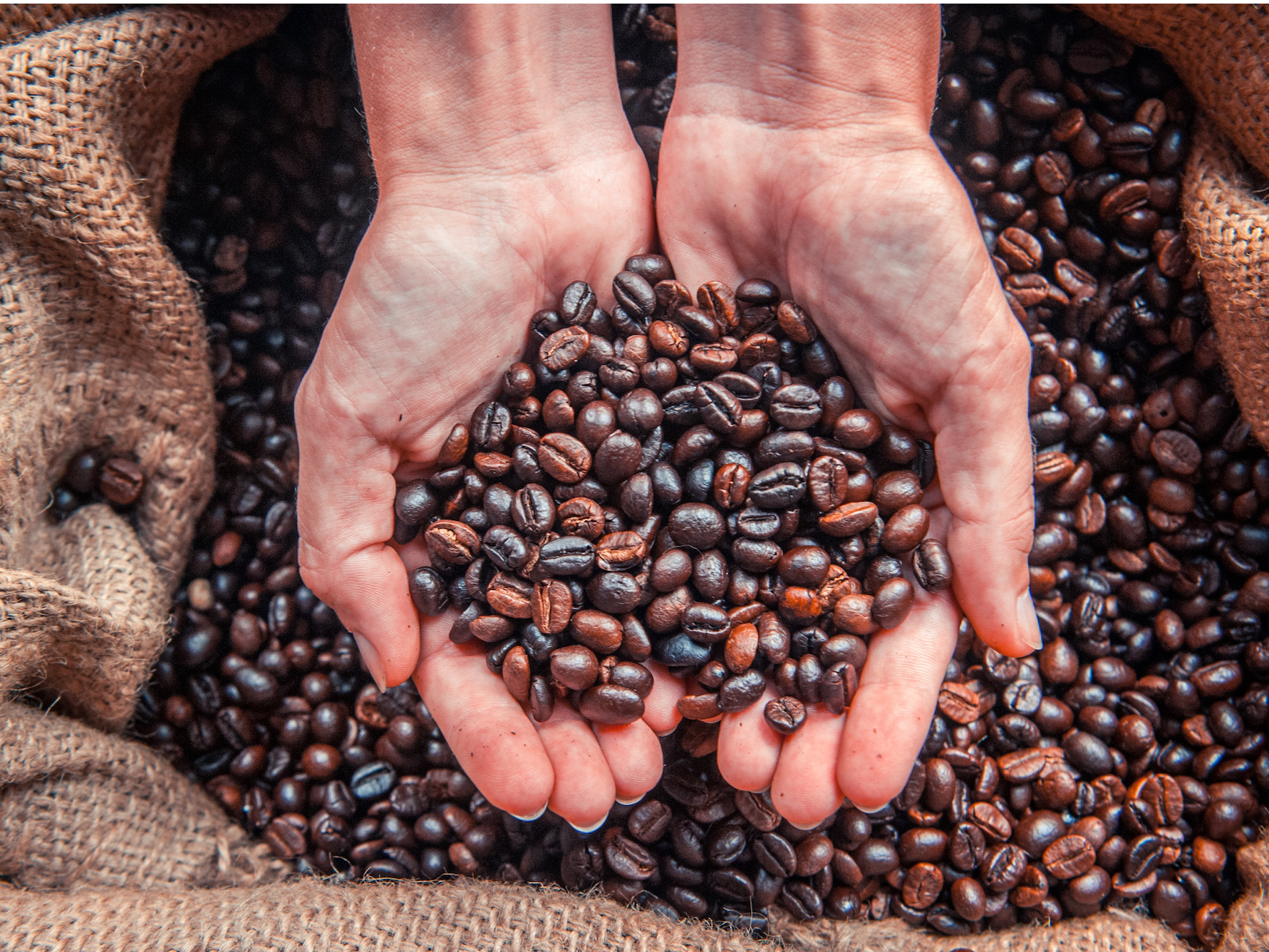Food & Climate
Will the European Union accept coffee producers’ request for exports at the end of the year or deprive the people of its member states of this magical drink?
The world’s top coffee body is set to request that the European Union postpone a requirement that imported beans come from areas not linked with deforestation, the group’s head said on Wednesday, according a report seen by “Food & Climate” platform.
The rule, set to take effect at the end of the year, would ban sales of coffee – as well as cocoa, soy, palm oil, wood, rubber and cattle – if companies are unable to prove the product comes from an area where forests haven’t been cut down in recent years.
A very ambitious deadline
“We can’t meet that date, it is not possible,” said Vanusia Nogueira, director of the International Coffee Organization (ICO), in an interview with “Reuters”.
The ICO, a United Nations-linked intergovernmental group, represents more than 90% of coffee production and more than 60% of consumption worldwide.
Top coffee producers such as Brazil, Vietnam and Colombia are member countries.
“It’s a very ambitious deadline,” Nogueira said. “We believe that by working with (EU leaders), they might be more open to postponing that date.”
Asked about the potential repercussions if coffee producers did not meet the deadline, Nogueira said the EU “will find some solution.”
“The European people like coffee very much… they will not be left without coffee,” she added.
Nogueira spoke at a coffee summit hosted by the Community of Latin American and Caribbean States (CELAC) in Tegucigalpa.
The first Coffee producers Summit of the Community of Latin American and Caribbean States (CELAC) was held in the Honduran capital with the physical and virtual participation of representatives of the 33 member countries of the regional bloc.
The nearly three-dozen member nations of the CELAC are expected to close the summit today with a declaration requesting the EU to postpone the deforestation requirement date, Honduran Deputy Minister of Coffee Growing Carlos Murillo said.
Murillo, in a press conference about the event, highlighted that Honduras is among the Latin American nations that export more than 60 percent of the coffee consumed in the world, according to “grandma” website.
Official figures indicate that coffee represents for this country more than five percent of the gross domestic product (GDP), and the territory is currently positioned as the fifth largest producer worldwide.
In Latin America, 14 million people are linked to coffee growing, a sector that represents income of more than 1.3 billion dollars and contributes significantly to the region’s economic growth.
Coffee producers challenges
At the opening of the Coffee Forum, QU Dongyu, Director-General of the Food and Agriculture Organization of the United Nations (FAO), emphasized the critical need to exchange knowledge and transform the coffee sector into a more efficient, inclusive, resilient, and sustainable industry.
Amid numerous complex and interconnected challenges facing the world such as food insecurity, the climate crises, and increasing geopolitical tensions, the coffee sector, with a global production value of approximately $15 billion annually, can play a crucial role in many contexts related to the global transformation of agrifood systems, Qu explained, according to a press release that “Food & Climate” platform received.
Smallholder producers account for a large share of global output, and coffee exports represent a vital source of revenue for many low-income countries. “But the coffee sector faces several challenges that need urgent attention such as loss of biodiversity, pests and diseases and high price volatility, among others,” he warned.

“To enable the coffee sector to leverage its potential, it is crucial to prioritise impactful solutions,” the FAO Director-General said, identifying some key priorities.
Among them, modernizing infrastructure and technology through investments in advanced coffee processing facilities, marketing channels, and transportation networks to enhance bean quality and reduce post-harvest losses.
Qu also spoke about promoting climate-resilient farming practices—such as shade-grown coffee and agroforestry—to safeguard crops against extreme weather, pests, and improve soil health, and invited Honduras to focus on climate adaptation measures.

